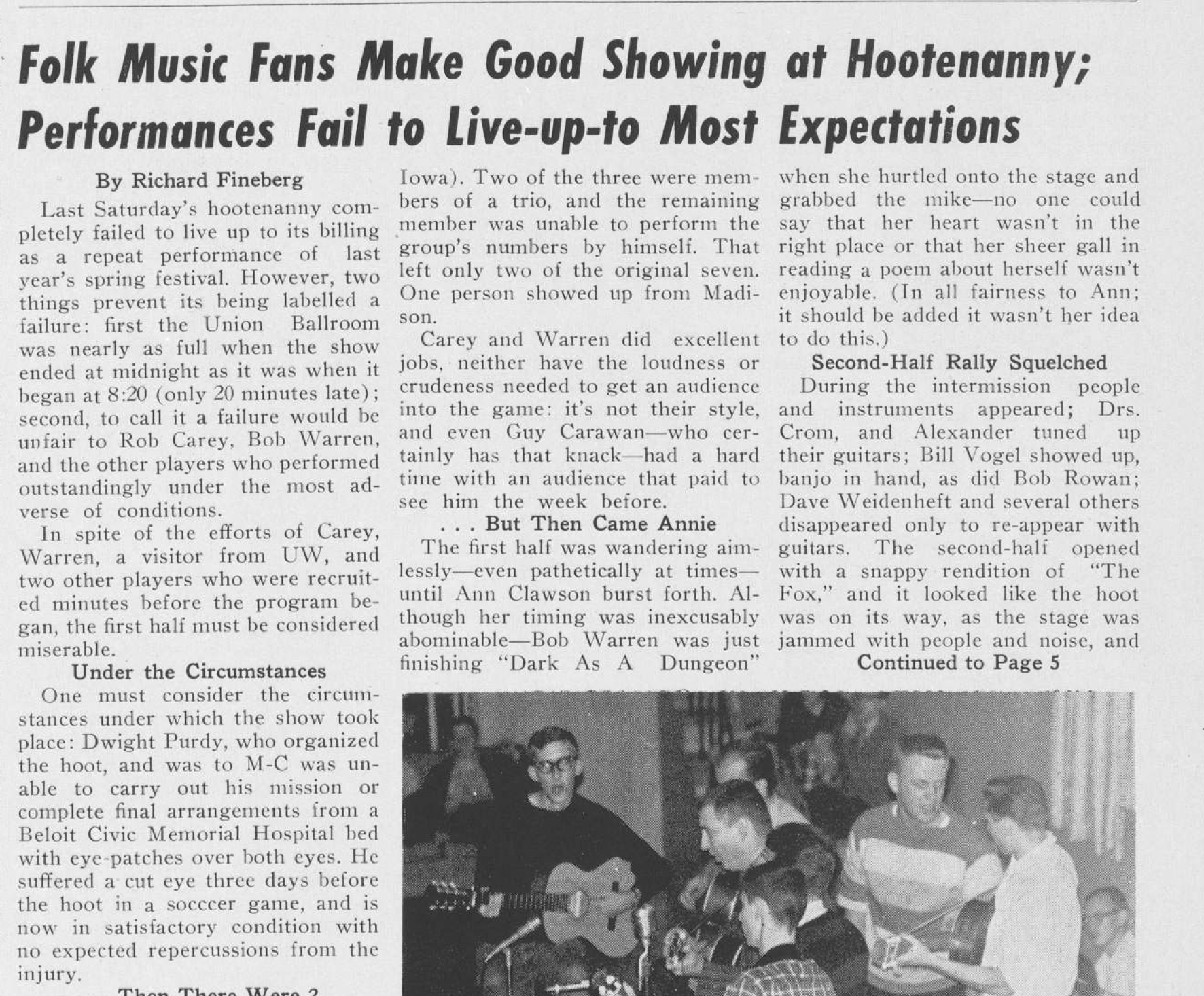New York Times records the passing of Richard Fineberg
The New York Times published his obituary under the headline: “Richard A. Fineberg, relentless skeptic of Alaska Pipeline, Dies at 83.”
Fineberg, who left his mark on Alaska journalism and politics, was as relentless as anyone you’ll ever meet.
He died September 27 at the Pioneers Home after a serious illness that sidelined him for years.
It was fitting that the Times took note of Fineberg’s passing in its obituary section, a recognition given to accomplished individuals deemed significant or quirky enough to warrant the attention of a national audience. He was both accomplished and quirky.
“Mr. Fineberg never married and lived ascetically on about $10,000 a year, often wearing threadbare clothing and doing without indoor plumbing. He was serious about his work, but he wasn’t focused on oil spills and finances all the time,” reporter Richard Sandomir wrote.
“He played bluegrass and folk music on the banjo, performing in the Seattle airport during stopovers on flights to and from the lower 48 states. In his younger days he liked to hop freight trains and ride in boxcars.”
Fineberg grew up in St. Louis and earned a bachelor’s degree in government from Beloit College.
In a piece I wrote about Fineberg after his passing, one of the things I had to leave out because of length was a marvelous relic that turned up in the archives of the Beloit College newspaper, where Fineberg was a writer and editor for “The Round Table.”
Even in 1960, Fineberg was developing his skills as a critic, sometimes an exceptionally harsh one.
On November 10, 1960, Fineberg, 19 at the time, wrote a front-page review of a hootenanny, pulling no punches as he complained that the first half was “miserable.” And the second half “never lived up to its promise.”
He took no prisoners in his analysis of the “hoot.” The full issue of the newspaper is here.
“The first half was wandering aimlessly—even pathetically at times—until Ann Clawson burst forth. Although her timing was inexcusably abominable—Bob Warren was just finishing ‘Dark as a Dungeon’ when she hurtled onto the stage and grabbed the mike—no one could say that her heart wasn’t in the right place or that her sheer gall in reading a poem about herself wasn’t enjoyable.”
“Beloit students, although they seem too self-conscious to participate wholeheartedly, must like folk music of the sizable crowd wouldn’t have remained.”
His writing took on a more serious tone as the years went by.
A 1965 article he sent to the Beloit newspaper after he had gone onto graduate school also caught my attention, reflecting a sense of purpose and activism that would influence all of his future work.
He spent his Christmas vacation in 1964 in Mississippi, learning about the civil right movement. A key support group—the Council of Federated Organizations—was broke.
“The tenuous process of achieving equality in Mississippi continues in spite of conflicts, chaos and the blunt fact that COFO has run out of money,” Fineberg wrote. “Though the drama of last summer’s bold experiment has faded from national headlines, 200 civil rights workers scattered throughout the state are struggling to maintain the projects begun six months ago.”
“From a cool, northern distance, one can view the Mississippi project with a simple idealism. Such naivety is charming, but it would probably be jarred by contact with the gritty, day-to-day reality which faces the COFO workers.”

